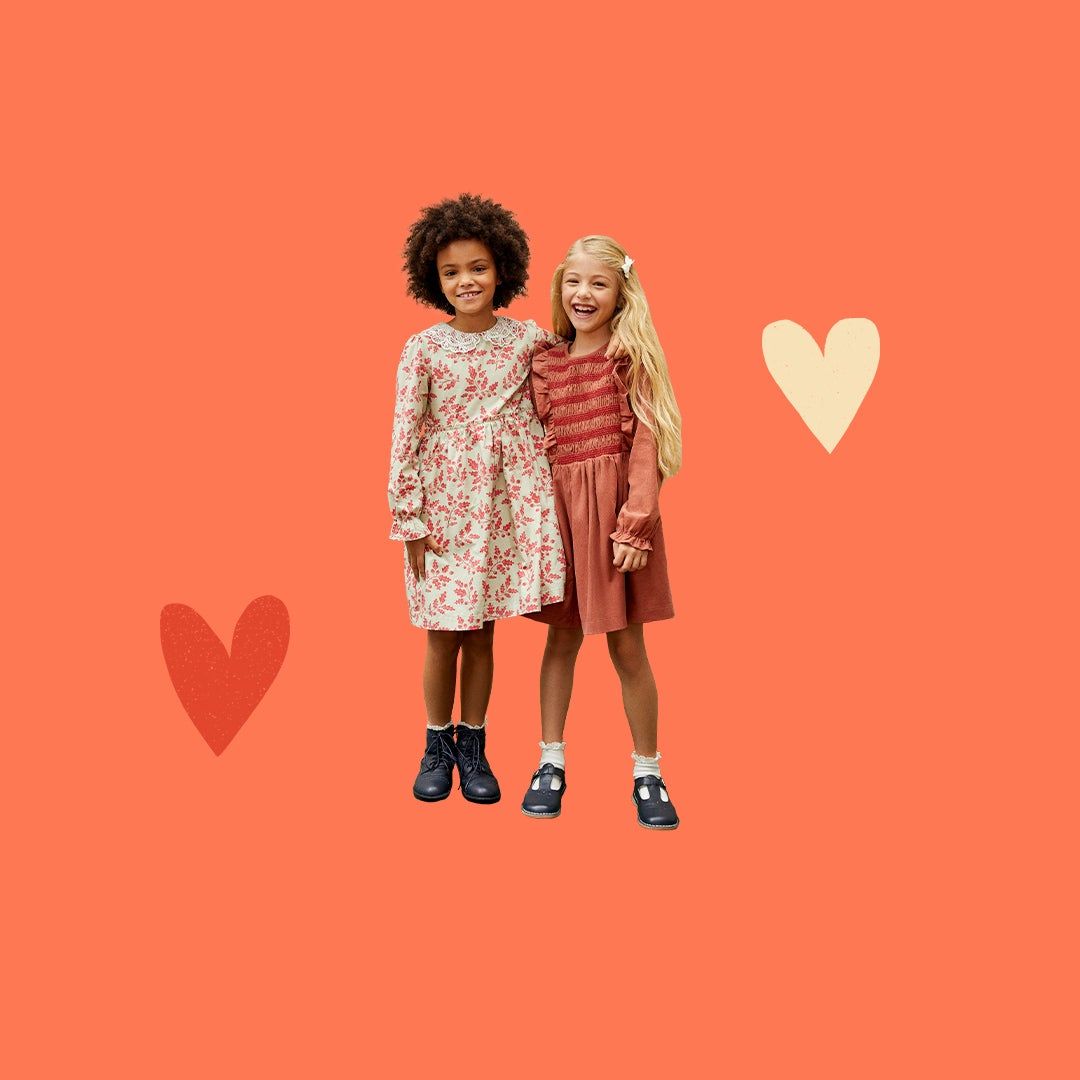
Parental Arts
Ask Dr. Bronwyn
Just in time for the holidays, Dr. Bronwyn Charlton of seedlingsgroup offers her top five tips for instilling gratitude in your children.
- Written By
- Dr. Bronwyn Charlton
Here's some food for thought this Thanksgiving: recent studies show that gratitude isn’t just important when it comes to a child’s moral compass, but it's also viewed as a marker of future success.
Grateful kids, unlike their less grateful peers, are more satisfied with their school, family, community, friends and themselves. They tend to be happy and optimistic and likely to give emotional support to others. Grateful teens have been shown to be more engaged in their school work and less prone to envy, depression and materialism.
You might be wondering how gratitude can do all these things. It’s actually fairly simple, and it has to do with the brain. Research has shown that acting happy — even when you’re not — and expressing gratitude stimulate areas of the brain like the hypothalamus (which regulates stress and emotion) and the ventral tegmental area (part of the “reward circuitry” that produces pleasurable feelings).
I’m not saying it’s easy. You’re up against some powerful forces: Until age 7, most children are pretty narcissistic. Plus, there are only so many hours in the day. I get it — I abandoned my kids’ gratitude journals this fall when life got in the way. Fortunately, there are concrete and simple ways to cultivate children’s gratitude on a daily basis.
So here are my top five strategies for instilling gratitude in your children this holiday season and beyond.
Model gratitude.
Have a think about what your child sees: How do you treat waiters? The Uber driver? What are your shopping habits like? How do you help others? Are you the type to count your blessings or see the glass half-empty? Be sure to make your appreciation public and apparent. Your child wants to be like you, so make sure you’re doing a good job of modeling how much you value gratitude. Additionally, don’t overlook your child’s thoughtful deeds and gestures. Tune in to your child’s unique ways of being thankful, like drawing someone a picture instead of giving a hug, and let her know that you notice.
Identify fun ways to say “thanks.”
Brainstorm with your children different ways they can show gratitude. Encourage acts that surprise the people they encounter daily, such as baking cookies for the crossing guard or bringing a coffee to the person who sits at the school’s entrance.
Volunteer as a family.
Talk to your children about the ways in which they can give back, and decide on a volunteer opportunity together. If they love animals, consider walking dogs at a shelter. If they love to read, consider volunteering to tutor English-language learners. Giving and gratitude go hand-in-hand, and doing it as a family will make it even more meaningful.
Make gratitude part of your routine.
Consider starting a family gratitude journal. Find a regular time, such as right after homework, and encourage your children to write or say five things that they're grateful for. When I started doing this with my children, I quickly discovered how powerful this exercise can be.
Thank You ABCs is another fun approach — great for the dinner table — that encourages reflection and appreciation for simple things. Go around the table reciting the alphabet, and use each letter to name something you're thankful for. It’s a good brain game for the younger set, too. Be thankful for the big things, like family and the health of loved ones, but don’t forget smaller things, such as easily finding your keys as you walk out the door or a smell that brings back a happy memory you had forgotten.
Bedtime also offers an opportunity to end the day positively: Take turns saying three things you’re grateful for.
Assign chores.
By giving your child the chance to contribute to your family’s household, you not only encourage increased awareness to the needs of others but also enhance feelings of confidence and emotional well-being. Your child’s contributions to the family through chores — e.g., using the dust buster to clean under the table after breakfast — present you with an opportunity to model authentic gratitude back to them.
Bronwyn Becker Charlton, Ph.D. received her doctorate in Developmental Psychology from Columbia University and is currently on the faculty at the Icahn School of Medicine at Mount Sinai in the Department of Pediatrics. She is also the co-founder of seedlingsgroup.